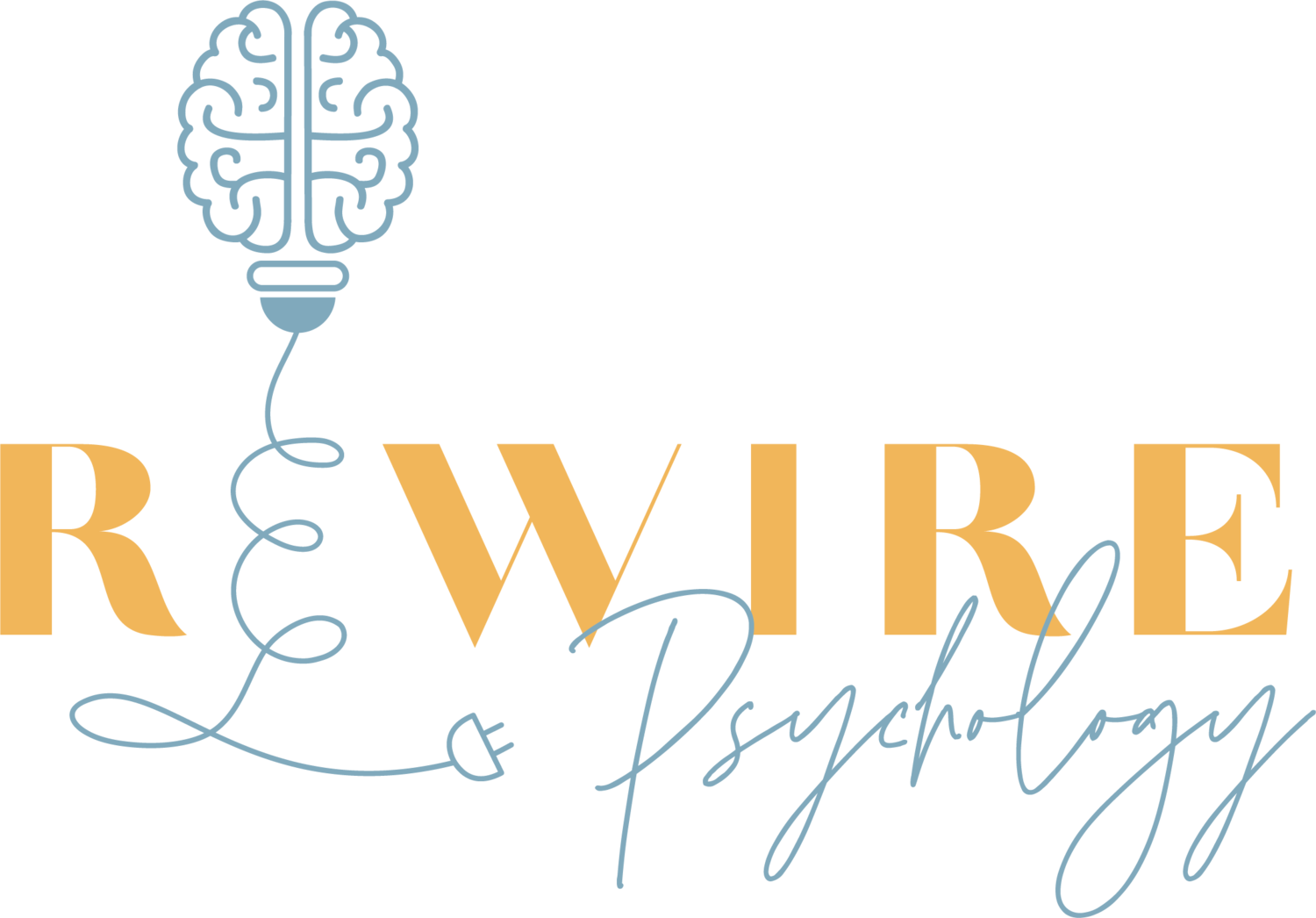School= Seven Cruel Hours of Our lives!
I am yet to meet a young person today who tells me they love school. As an adult today, did you like school? What made you like or dislike your experience of school? The above acronym fits the description of school for many young people today.
As parents, educators, and professionals, it is our collective responsibility to go beyond focusing on behaviour in the school environment. Neuro-divergent children particularly struggle in schools with failures to accommodate their diverse needs.
In schools today, many educators are yet to understand neurodiversity, leading to several barriers for any neurodivergent young person. These include and are not limited to academic barriers, social isolation, sensory difficulties, inadequate support in education plans, calm spaces, and managing burnout within their school environment.
I like Ross Greene's formulation of "Kids do well if they can". This put’s the responsibility back on adults: educators, parents, and other professionals. It means that some children, compared to others, may need more help and support in acquiring basic skills such as tolerance, flexibility, and problem-solving.
In the new era of education, I would like to see schools that can redefine the meaning of school by focusing on five fundamental principles:
1. Support: Prioritize building support and understanding within schools, fostering safe and trusting relationships.
2. Connection: Help students and their families feel safe to build a sense of connection to school and the wider community.
3. Opportunity: Schools can create opportunities for educators and parents to respond to students' needs, creating an environment where understanding and trust prevail over behaviour management and responding to adults' needs.
4. Openness: Demonstrate a willingness to embrace new experiences, continually learn, and have fresh ideas, both in staff and values.
5. Learning: Schools should demonstrate a commitment to learning, changing, adapting, and growing year after year, mirroring the spirit of lifelong learning.
By embracing these principles and implementing the recommended supports, schools can redefine the meaning of school, creating a positive and inclusive environment for all students and their families.
As I write this, I understand there are governing bodies for schools in Australia and across the world, and most of the policies cannot just change at a school level. That may be part of the problem but is mainly responsible for the solution in this relatively new decade of embracing flexibility.

